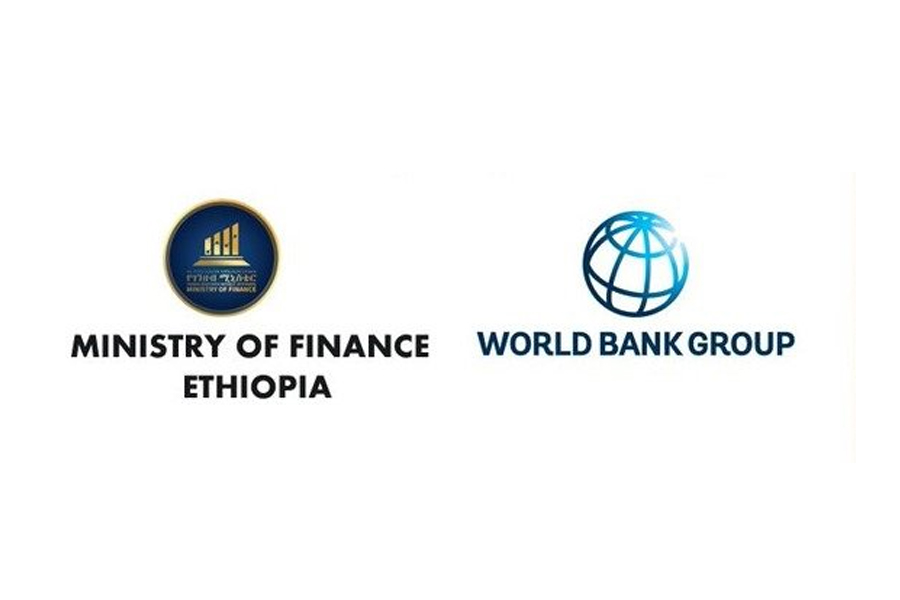
Editorial | Sep 04,2021
Jan 5 , 2019
By
The 21st Century offers as many reasons for concern as it does for hope. There is nothing better to demonstrate this than the recent breakthrough in genome editing.
The possibilities it offers are vast. DNA carries the genetic information of all organisms. The ability to edit genes could mean a cure for cancer and preventing dementia. It could truly be the magic wand that renders every disease and physical defect now deemed incurable a thing of the past.
Indeed, gene editing, like all other revolutionary achievements of human ingenuity, creates a great deal of moral and ethical dilemmas. It can also be used to grave consequences – terrorists editing and releasing a new breed of deadly viruses, for instance. Regardless, biotechnology will charge forward, as has digital technology.
We are entering a radically new era, where the best futurists, pundits and theoreticians will be hard-pressed to make any meaningful predictions about the road ahead. At this rate and speed of technological advancement, there is no telling what is in store for humanity just a decade from now. All that can be said is that the world is changing, and nations that are unable to participate in biological and digital technology will be the ultimate losers.
There are historical parallels for this. The world did not experience such an imbalance of power just five centuries ago. Indeed, some countries were better off than others; most European countries were ahead in literacy and financial innovation, while China perhaps had the best form of political organisation. But there was no one country in the world with the economic and military power of today’s United States.
The unique political and economic opening up of Great Britain’s institutions paved the way for the industrial age. Replacing manual labour with machines meant the manufacture of goods in large numbers and in shorter times. It made a global superpower out of Great Britain and Europe moved toward industrialisation.
Up until today, industrialisation, a superior means of producing goods, has largely been the deciding factor between poor and rich nations. By the 1950s, almost every country in sub-Saharan Africa was poor. Some say this is because the region is - arguably - the most exploited in the world, and this has never allowed it to escape the poverty, famine and disorganisation it is mostly known for.
But the last half century should very well demonstrate that for all the injustice done to the region in the period - being used as a proxy during the Cold War for some, or liberal policies advised by Bretton Woods institutions that rerouted capital away from industry, for others - bad leadership is Africa’s greatest Achilles heel.
The region continues to suffer under the inequity of bad leadership and non-inclusive institutions. Left unaddressed, it would cost Africa another opportunity to be part of an early revolution.
There is a notable take way from the industrial age that should inform our attitude toward that of the new digital and biotechnological age we are about to enter.
Once the handful of countries that led the way in industrialisation greatly distorted the balance of power on the planet in their favour, the initial instinct was to exploit it. It should never be forgotten that before West European nations’ largesse to African countries there was the Scramble.
Being taken advantage of by countries with far superior technology is not a headache that a largely liberal democratic world order can avoid either. There is the unfortunate ripple effect of being found the weak player in a game of dodgeball. The same rules may apply to each side, but those that are more innovative, better organised and vigorous will always come out winners. The same principle applies to resources: they mostly flow to the fittest.
Nothing beats jumping on the bandwagon early on. And if Africa, especially sub-Saharan Africa, is unable to get its act together, it will continue to be the old man in a world where everyone else is getting younger and fitter.
PUBLISHED ON
Jan 05,2019 [ VOL
19 , NO
975]

Editorial | Sep 04,2021

Radar | Nov 23,2019

Fortune News | Feb 25,2023

Radar | Jun 24,2023

Radar | Nov 29,2020

Commentaries | May 27,2023

Radar | Oct 05,2024

Fortune News | Jun 23,2019

Radar | Oct 28,2023

Radar | Sep 14,2024

Photo Gallery | 169752 Views | May 06,2019

Photo Gallery | 159999 Views | Apr 26,2019

Photo Gallery | 149572 Views | Oct 06,2021

My Opinion | 136205 Views | Aug 14,2021





Dec 22 , 2024 . By TIZITA SHEWAFERAW
Charged with transforming colossal state-owned enterprises into modern and competitiv...

Aug 18 , 2024 . By AKSAH ITALO
Although predictable Yonas Zerihun's job in the ride-hailing service is not immune to...

Jul 28 , 2024 . By TIZITA SHEWAFERAW
Unhabitual, perhaps too many, Samuel Gebreyohannes, 38, used to occasionally enjoy a couple of beers at breakfast. However, he recently swit...

Jul 13 , 2024 . By AKSAH ITALO
Investors who rely on tractors, trucks, and field vehicles for commuting, transporting commodities, and f...

Oct 4 , 2025
Eyob Tekalegn (PhD) had been in the Governor's chair for only weeks when, on Septembe...

Sep 27 , 2025
Four years into an experiment with “shock therapy” in education, the national moo...

Sep 20 , 2025
Getachew Reda's return to the national stage was always going to stir attention. Once...

Sep 13 , 2025
At its launch in Nairobi two years ago, the Africa Climate Summit was billed as the f...

Oct 5 , 2025 . By NAHOM AYELE
In Meqelle, a name long associated with industrial grit and regional pride is undergo...

Oct 5 , 2025 . By BEZAWIT HULUAGER
The federal government is set to roll out a new "motor vehicle circulation tax" in th...

Oct 5 , 2025 . By NAHOM AYELE
The Bank of Abyssinia is wrestling with the loss of a prime plot of land once leased...

Oct 5 , 2025 . By BEZAWIT HULUAGER
The Customs Commission has introduced new tariffs on a wide range of imported goods i...